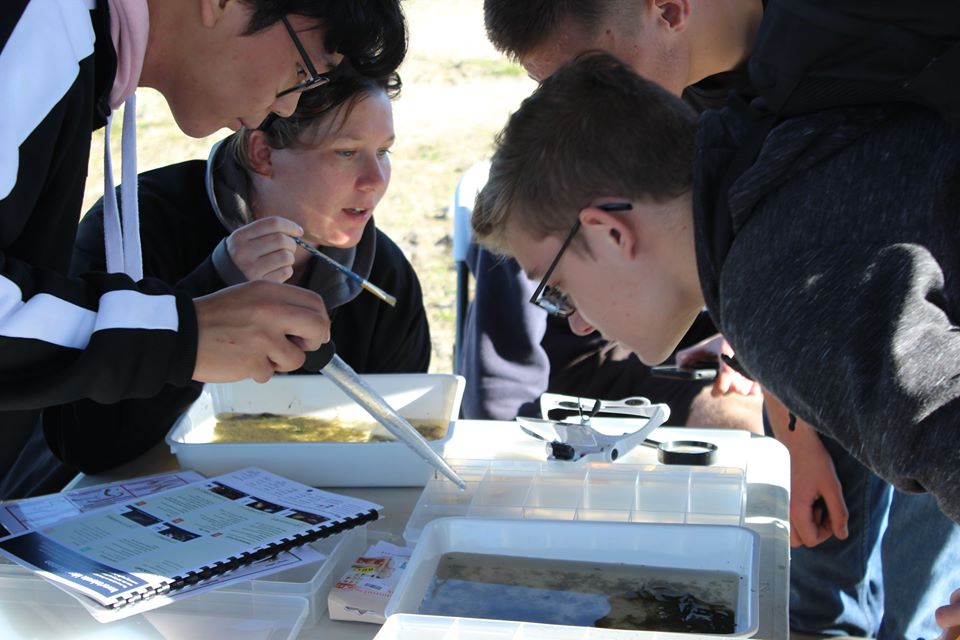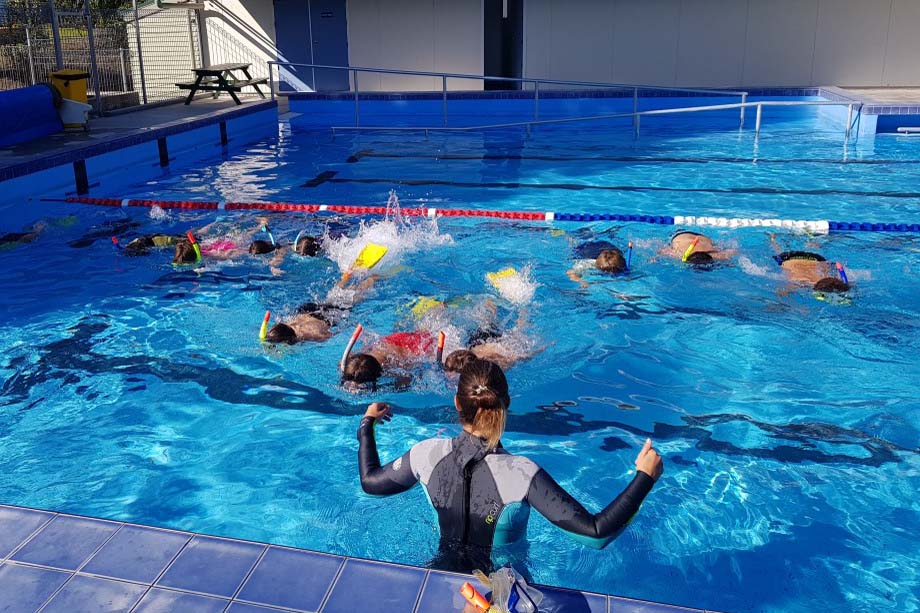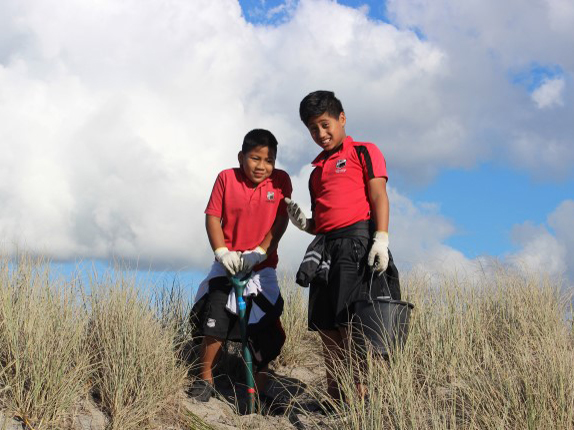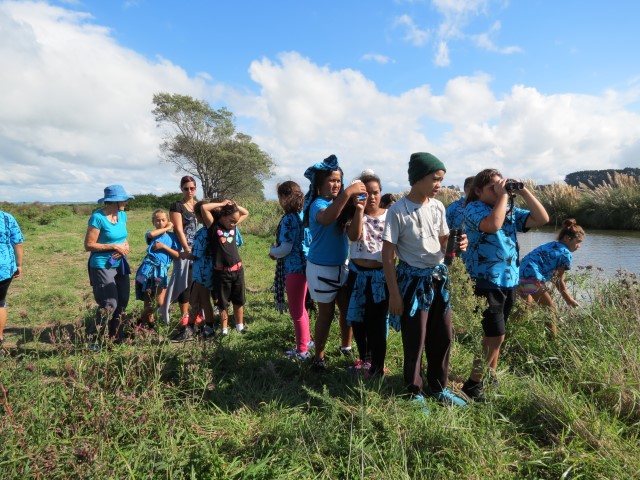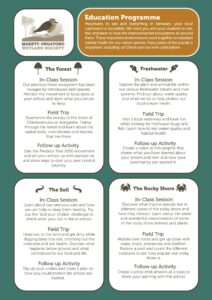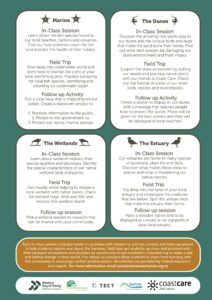Education Programme
The MOWS education programme, established in 2015, works with multiple local schools and is funded by WBOPDC, TECT and BayTrust.
MOWS can provide an education experience for any school, either in class or as a field trip. Lessons can be catered to any age group, and helpful teaching resources and tools are provided.
The cost starts at $300 (including planning time, delivery and a donation to MOWS). Contact Janie to find out more.
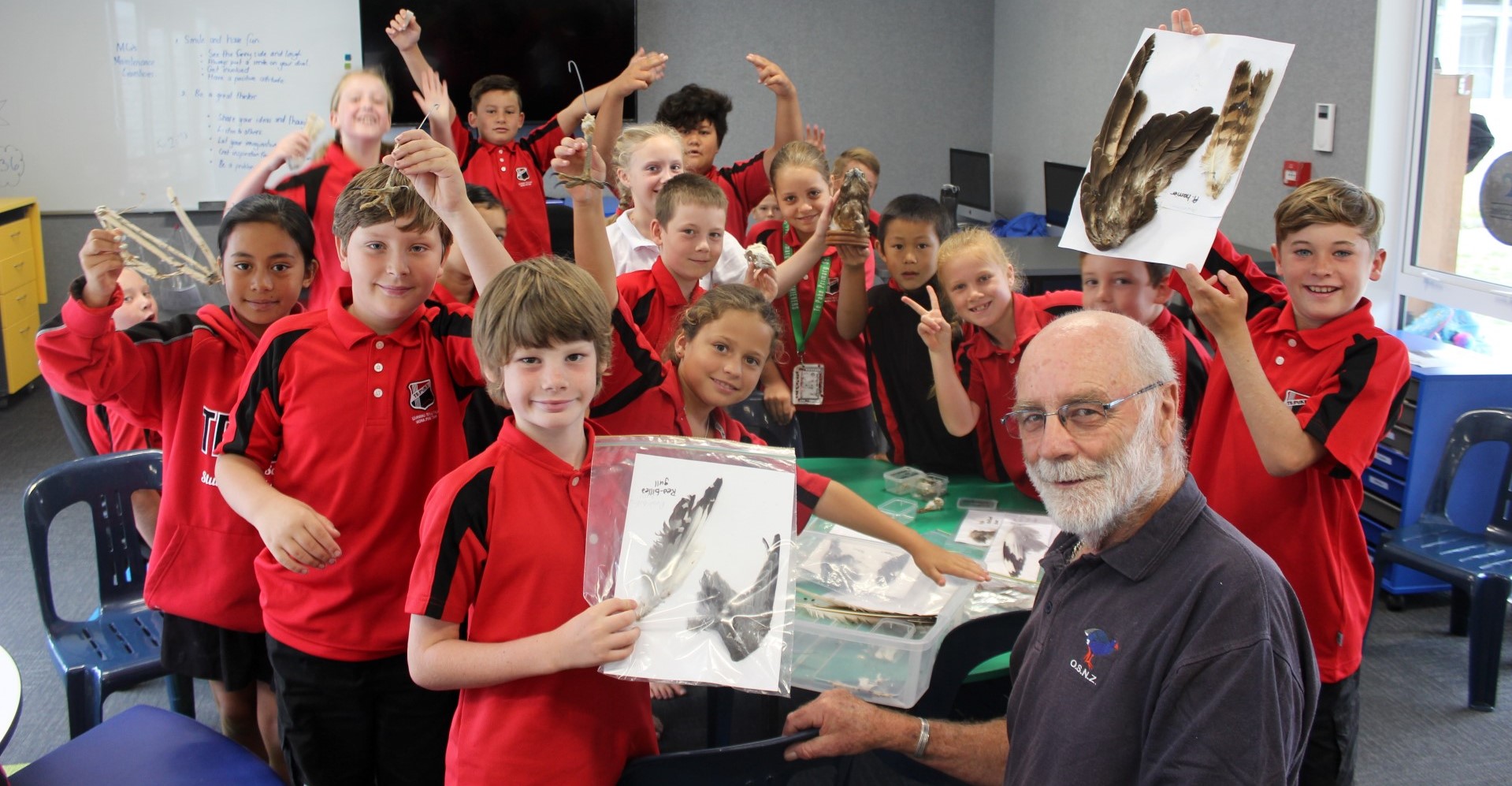
Below are the flyers for the current modules in the education programme. Please click on the images to enlarge.
MOWS Education Programme Overview
The aim of the programme is to encourage students to become kaitiaki for their local environment, through fun and creative classroom activities and field trips. The programme also enables students to be of service to the community through restoring the local ecology.
MOWS education programme goals:
- Learn about the natural values in the local environment and understand how these values have relevance for the future.
- Give an understanding of how the environment nurtures us and how their actions can affect these natural values in a positive way.
- Build a sense of belonging to their community which will foster other positive behavioural attributes.
Each term is based around a theme and includes one field trip, two in class lessons and a creative project to follow up. Teaching resources are provided and the programme is integrated into the school’s assessment standards.
Over the year, the programme highlights important issues in the local area, encouraging children to open their minds to question land use and impacts on the environment. The lessons in class are all hands on with engaging tools such as taxidermy pests, bird bones, fish models and an invertebrate collection. The experiences in the field allow the students to apply their learning to restoration and monitoring tasks including, planting, weeding, kaimoana and fish surveys.
The MOWS education programme covers the following topics:
- Forest pests and native wildlife
- Estuary ecology
- Dune ecology and restoration
- Rocky shore
- Freshwater quality and native fish
- Wetlands
- Marine ecology
There has been great feedback from schools and more kids are joining other MOWS volunteer activities. Many of the primary students are now choosing to join the new Eco Learning unit at Te Puke Intermediate.
The success of the programme is made possible thanks to an amazing team of MOWS educators, our partnerships with Maketu Taiapure Trust, Te Runanga or Ngati Whakaue, Department of Conservation, Coast Care, Bay Conservation Alliance and Learning Through Discovery, and funding from Western Bay of Plenty District Council, Maketu Rotary, TECT, and Bay Trust.
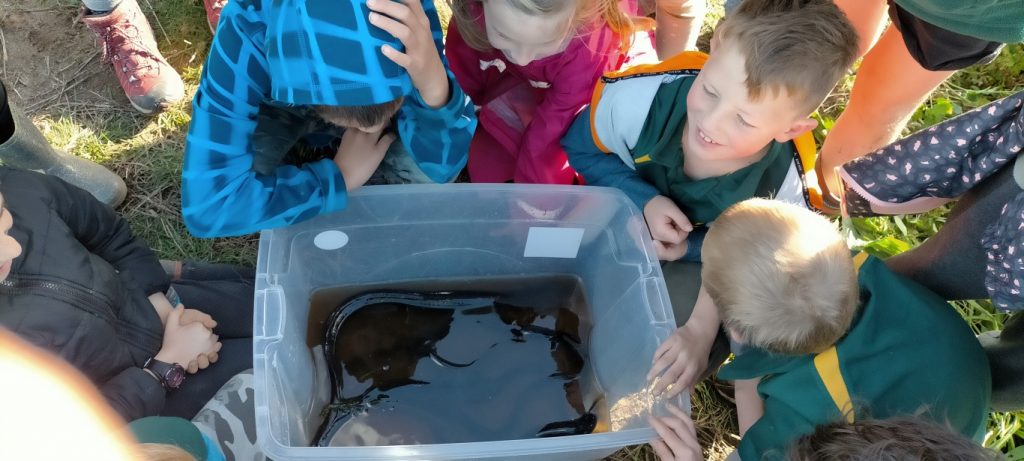
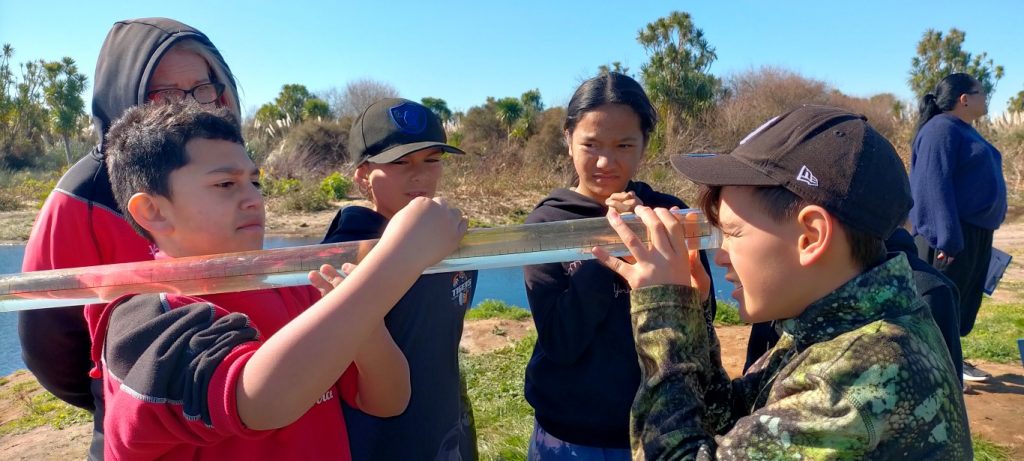
History of the Education Programme
The MOWS education program started at Te Kura o Maketu in 2015, with seed funding from Western BOP District Council (WBOPDC) as a way in which the MOWS volunteers could interact with the local community and share their knowledge with the next generation.
With continued funding, the programme has now expanded to include Paengaroa School, Te Puke Primary, Te Ranga, Pukehina, Pongakawa, Rangiuru and Otamarakau Schools, as well as Te Puke Intermediate and almost every year level at Te Puke High School.
In 2019 and 2021, MOWS partnered with Wild About NZ to run a wetland visit for Fairhaven School, and have held sessions with under 5’s at Paengaroa Kindergarten, Learning Adventures, and Maketu Educare.
The programme won the Western Bay Regional Trustpower Community Award in 2017 for “Education and Child Youth Development”.
